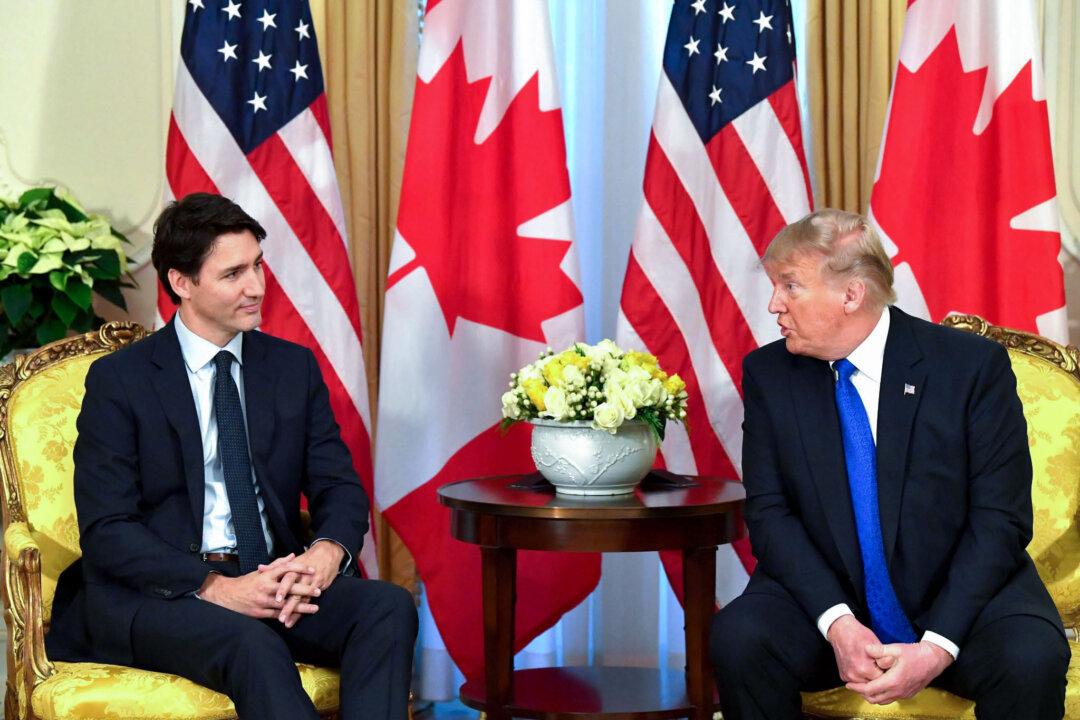News Analysis
As the inauguration day of U.S. President-elect Donald Trump approaches, the fervour surrounding his tariff threat is escalating with federal and provincial governments saying they’re taking action on border security.

As the inauguration day of U.S. President-elect Donald Trump approaches, the fervour surrounding his tariff threat is escalating with federal and provincial governments saying they’re taking action on border security.